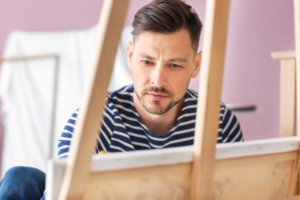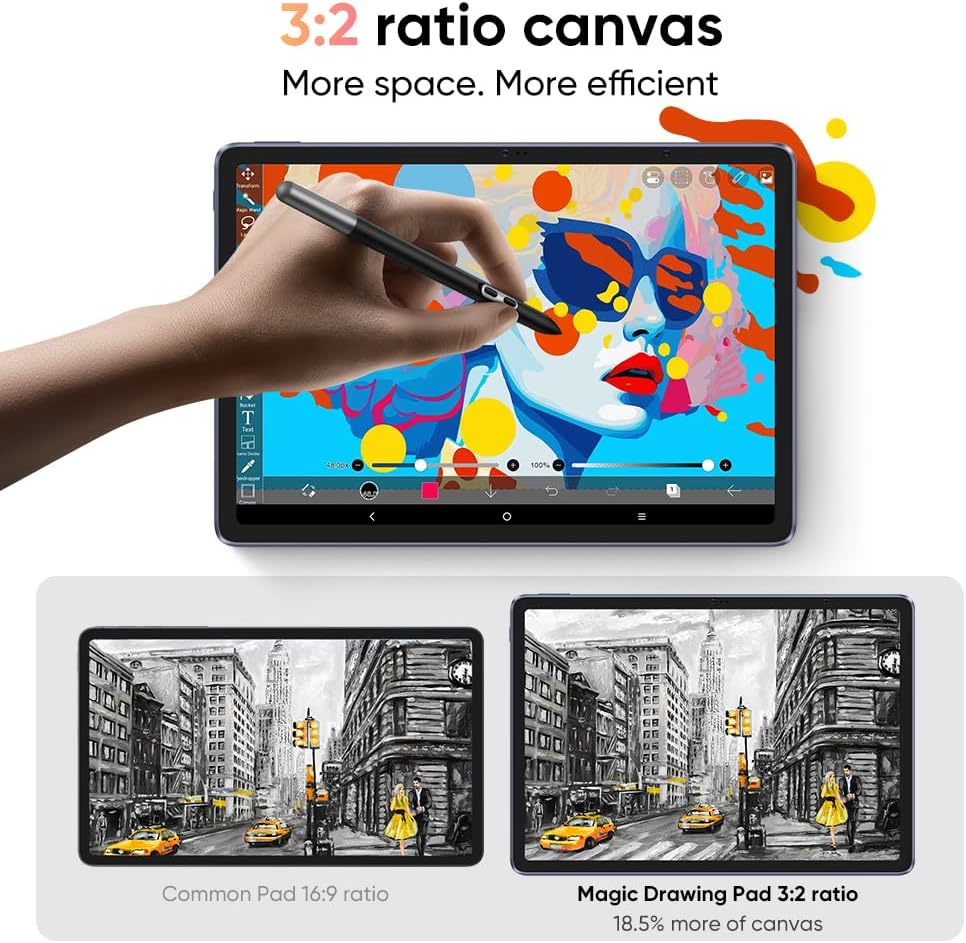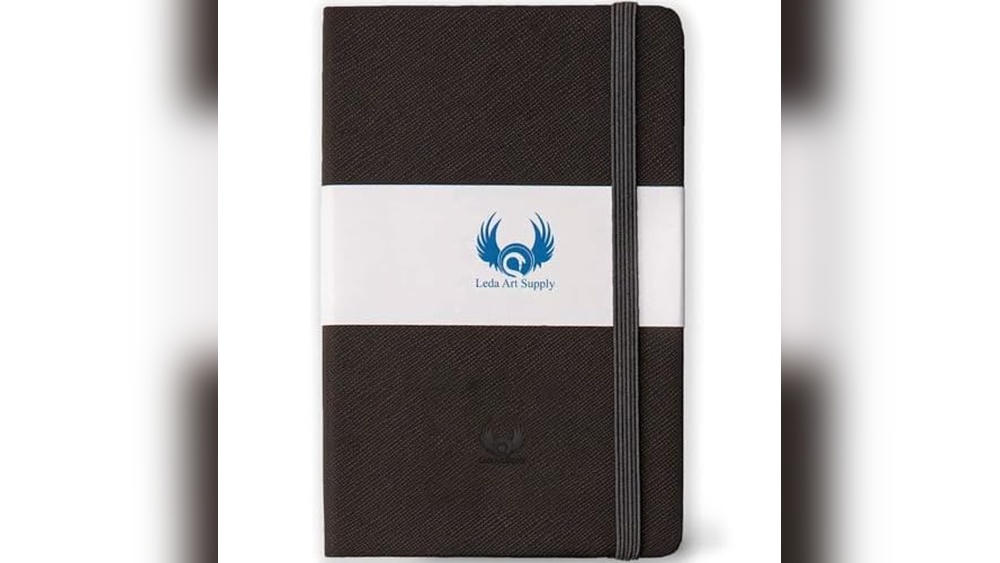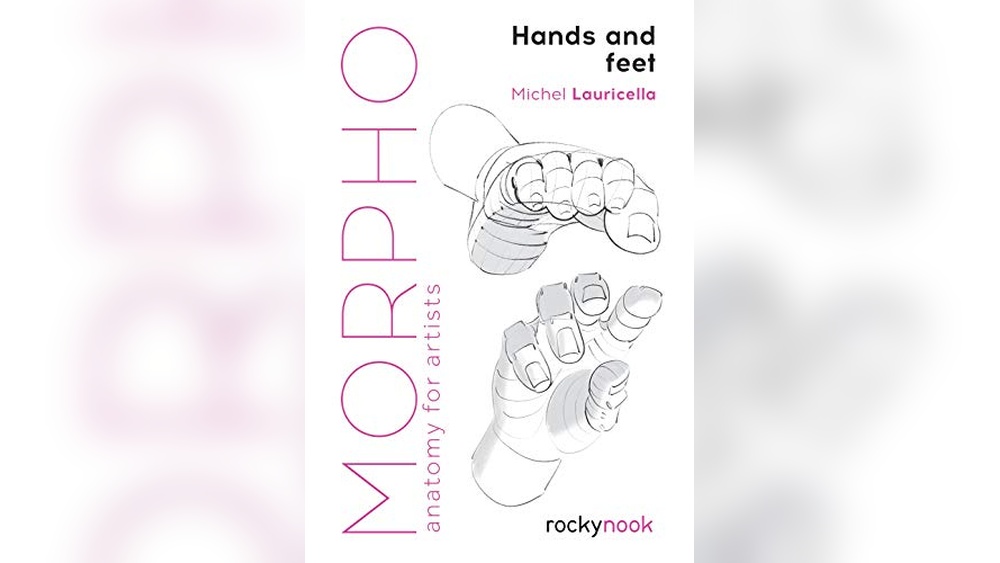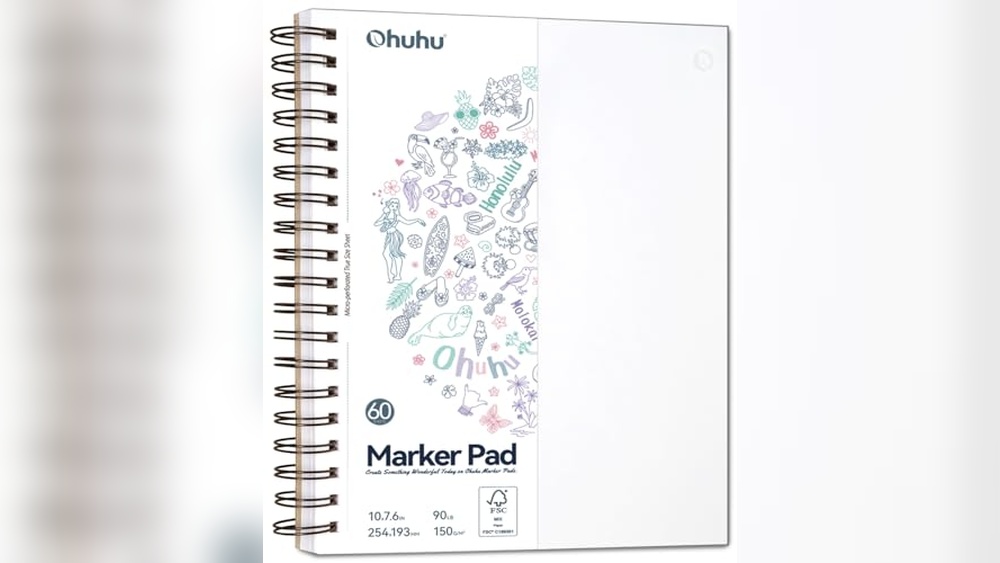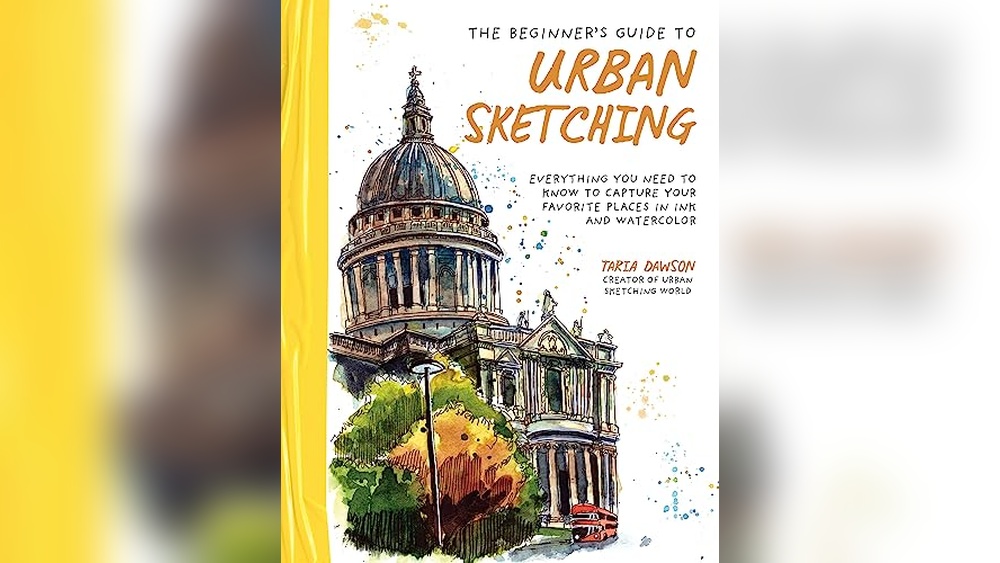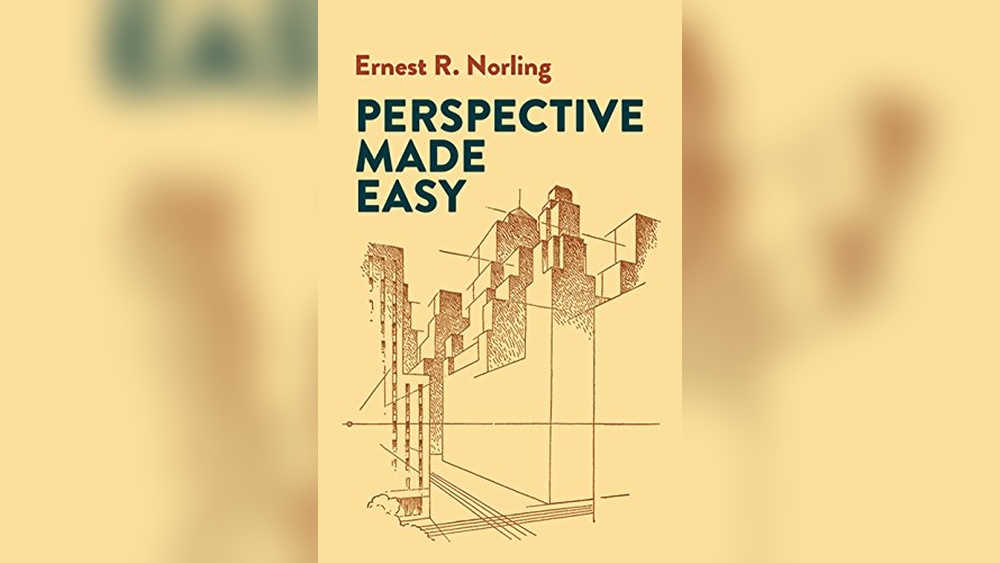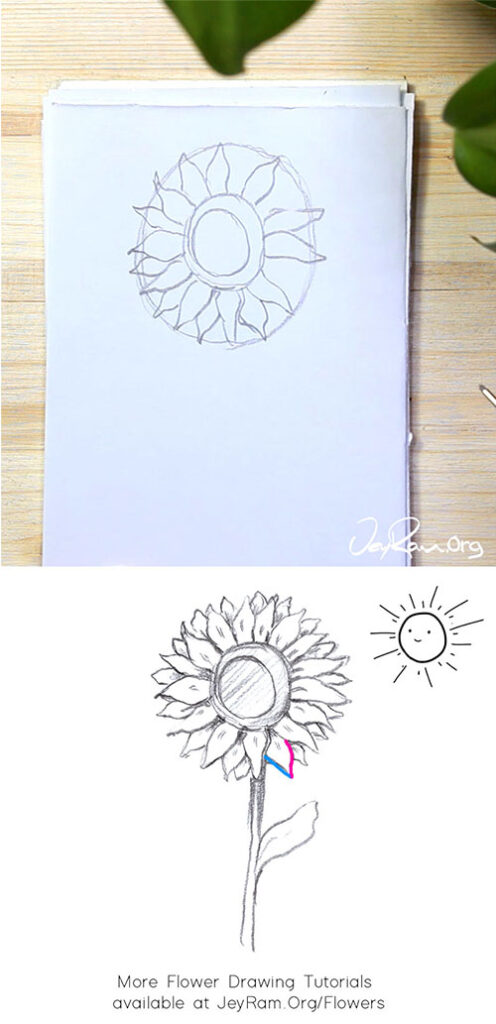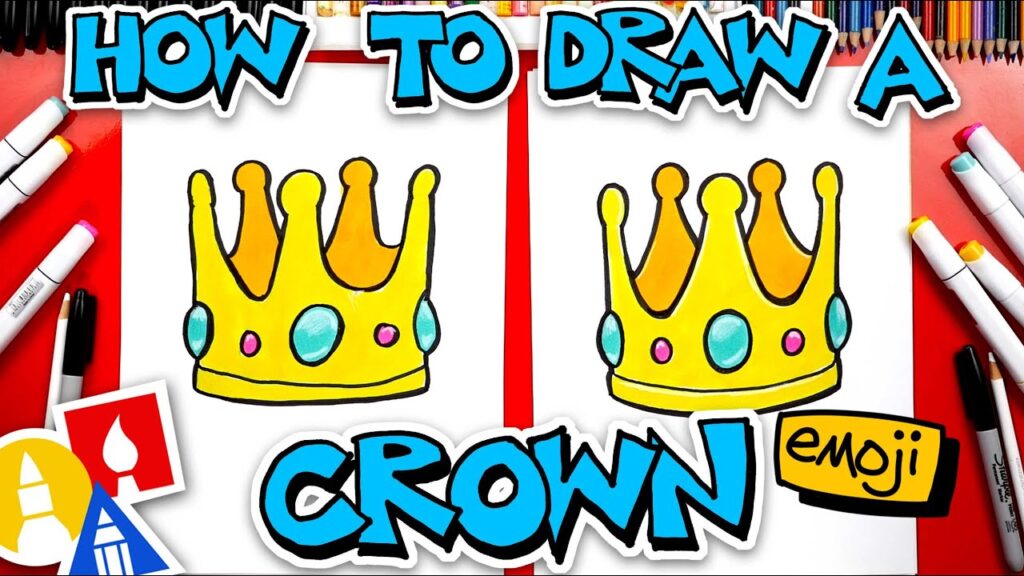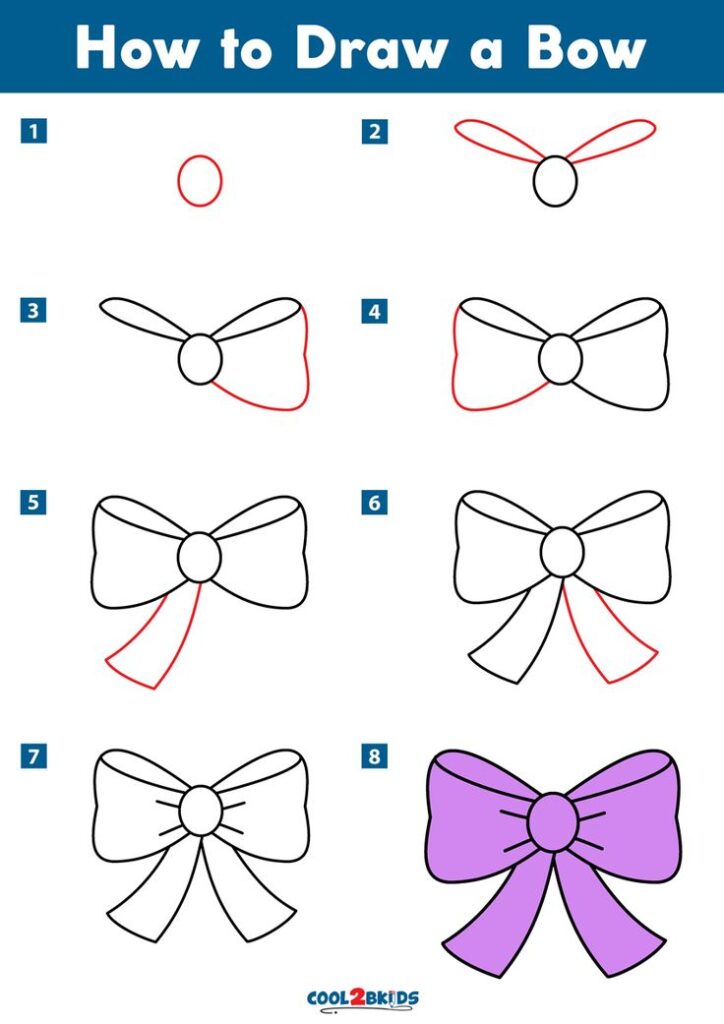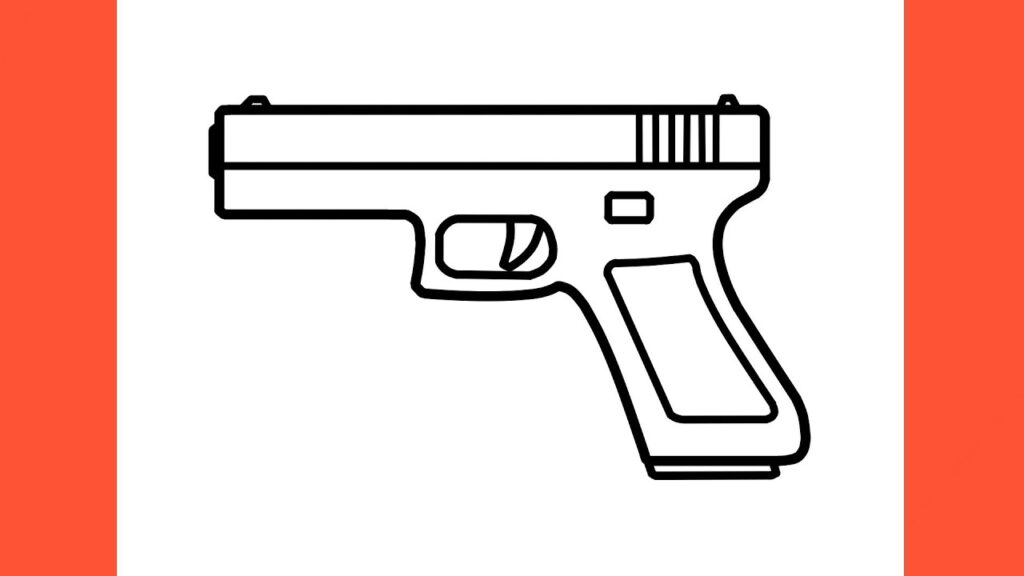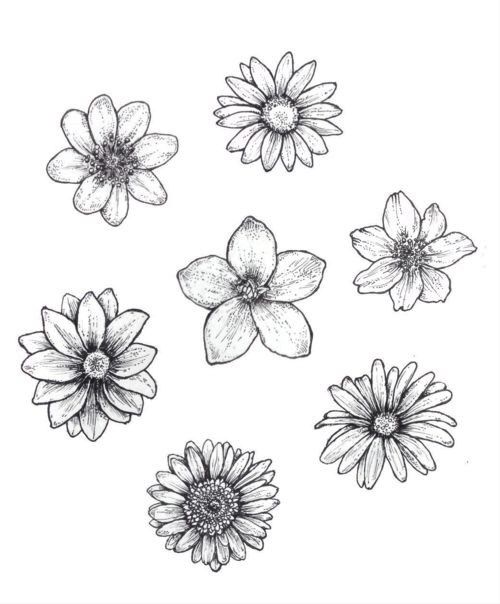Forgetting how to draw something you did yesterday can feel frustrating. It’s a common experience for many artists.
This phenomenon can be linked to several factors related to memory and creativity. Our brains manage a lot of information every day. Drawing, like any skill, requires practice to stay sharp. When we draw, our brain forms connections to help us remember.
But these connections can fade over time. Stress, distractions, or lack of focus can also impact recall. Understanding why this happens can help us improve our drawing skills and memory. By exploring the reasons behind this forgetfulness, we can find ways to strengthen our creative abilities. Whether you’re a beginner or a seasoned artist, discovering more about memory can enhance your artistic journey.

Art And Memory Connection
Have you ever sat down to draw and realized you can’t recreate what you did so effortlessly yesterday? This struggle is more common than you think. The connection between art and memory is intricate and fascinating. Art challenges our brains to recall shapes, colors, and textures, yet sometimes memory fails us, leaving our creativity feeling like a fleeting moment. Understanding this connection can help you navigate the frustrating moments of forgetfulness in your artistic journey.
Role Of Memory In Art
Your brain is constantly processing and storing information. When you draw, it relies on memory to recall the techniques and details you previously learned. Think of memory as a toolbox filled with your past experiences and skills. Sometimes, accessing these tools feels easy, while other times, it’s like trying to find a missing screwdriver in a cluttered drawer.
Memory plays a crucial role in art, not just for replicating past work but for building upon it. Ever tried to sketch a familiar object and found you had forgotten small details? This is your brain attempting to retrieve stored information. Strengthening this connection can enhance your skillset and make your artistic endeavors more fulfilling.
Impact Of Forgetting On Creativity
Forgetting what you drew yesterday can feel discouraging, but it also opens doors for new ideas. When you can’t recall a previous work, you may accidentally stumble upon a fresh perspective. This forgetting can be a catalyst for creativity, pushing you out of your comfort zone and into uncharted territory.
Imagine your mind as a blank canvas. Forgetting lets you start anew, often leading to unexpected and exciting outcomes. It forces you to adapt, think creatively, and explore new techniques. So next time you find yourself stuck, ask: how can this moment of forgetfulness spark creativity in your art?
Embrace the ebb and flow of memory in your artistic journey. It’s not just a challenge but an opportunity to grow and innovate. And remember, each stroke of your pencil is a chance to create something unique, even if yesterday’s masterpiece seems out of reach today.
Cognitive Processes In Drawing
Many artists experience the frustration of forgetting how to draw something. It often feels like a skill you had yesterday vanished overnight. This is common and linked to how our brains process creativity. Understanding these cognitive processes can help manage the forgetfulness.
Brain Function In Artistic Creation
Artistic creation relies on various brain functions working together. The right hemisphere plays a key role in visual arts. It processes spatial awareness and imagery. The left hemisphere handles logical reasoning and language skills. Both sides must cooperate during drawing.
Neurons fire and transmit signals as you draw. This activity creates neural pathways related to drawing skills. These pathways need regular reinforcement to remain strong. Lack of practice weakens these pathways, leading to skill loss.
Visual Memory And Recall
Visual memory stores images and scenes you have seen before. It’s crucial for recalling how to draw a particular object. This memory is different from other types. It relies heavily on familiarity and repetition.
Recall is the ability to access stored images at will. Stress or fatigue can hinder recall. It’s why you might struggle to remember previous drawings. Frequent practice strengthens visual memory and improves recall.
Techniques like sketching from memory boost visual recall. Regular drawing sessions enhance your ability to remember images. Over time, this can reduce the frustration of forgetting how to draw.
Factors Influencing Artistic Memory
Forgetting how to draw something you did yesterday is frustrating. Factors influencing artistic memory can explain this phenomenon. Various elements affect how well you remember your art skills. Understanding these factors can help improve your artistic memory.
Stress And Its Effects On Memory
Stress impacts memory and learning abilities. When stressed, the brain struggles to store new information. Stress can cause distraction and reduce focus. It becomes hard to recall details from past experiences. Artists under stress may forget techniques or ideas quickly.
Sleep And Memory Retention
Sleep plays a crucial role in memory retention. During sleep, the brain processes and stores information from the day. Lack of sleep can lead to forgetfulness and poor memory performance. A tired mind struggles to retain artistic skills learned recently.
Quality sleep supports better memory and creativity. It helps the brain organize and strengthen memories. Artists should prioritize sleep to enhance their ability to remember past drawings.

The Role Of Practice
Forgetting how to draw something from yesterday is common. Practice is key to improving this skill. Regular practice helps strengthen memory and boosts confidence in drawing abilities.
In the journey of mastering any skill, including drawing, practice plays a crucial role. You might wonder why you can sketch something perfectly one day, only to struggle with the same drawing the next. The answer often lies in how much and how often you practice. Effective practice helps solidify your skills and boost your memory, making it easier to recall techniques when needed.
Repetition In Skill Development
Repetition is a fundamental part of learning. It’s not just about drawing the same object repeatedly but understanding what makes each attempt better. If you sketched a tree yesterday, repeating the process today helps reinforce your muscle memory and artistic techniques. Many artists, even those who have been drawing for years, revisit basic shapes or subjects. This repetition strengthens their foundational skills. By repeatedly practicing similar subjects, you build a reservoir of skills that you can draw from when tackling new challenges.
Consistency In Artistic Progress
Consistency is key to making progress in your artistic journey. Drawing sporadically, once every few weeks, won’t give your brain the regular workout it needs to remember techniques. Instead, aim to draw a little each day, even if it’s just a quick sketch. Think about it like exercising a muscle. The more consistently you use it, the stronger it becomes. By maintaining a regular drawing habit, you’ll find that recalling techniques and improving your skills becomes much easier. Have you ever noticed improvements after drawing consistently for a few weeks? This is the power of a steady practice routine. Keep your tools handy and make art a part of your daily life. This way, forgetting how to draw something becomes less of a hurdle and more of an opportunity to refine and enhance your skills.
Mindfulness And Focus
Have you ever sat down to draw and realized you forgot how? It feels strange, especially if you sketched the same thing yesterday. This can be frustrating for artists. The key to overcoming this is mindfulness and focus. These elements play a crucial role in enhancing your drawing skills. Mindfulness helps you stay present. Focus directs your energy to the task at hand.
Enhancing Concentration
Concentration is vital for artists. It allows you to immerse in your work. Distractions can disrupt your creative flow. Reducing these distractions improves your concentration. Try setting a quiet space for drawing. Limit interruptions by turning off notifications. Take breaks to avoid mental fatigue. Short, focused sessions often work best. This method helps maintain high concentration levels.
Meditation Techniques For Artists
Meditation can boost your drawing skills. It promotes mindfulness and focus. Start with simple breathing exercises. Take deep breaths and clear your mind. Focus on your breath’s rhythm. This practice calms the mind, making it easier to concentrate. Guided meditations are also helpful. They provide structure and focus. Practice meditation regularly for best results. Even a few minutes daily can make a difference.
Overcoming Creative Block
Feeling stuck and unable to draw something you did perfectly just yesterday can be frustrating. Creative block is a common hurdle many artists face. It’s a barrier that can seem insurmountable at times. But the good news is, there are ways to overcome it. With a bit of patience and the right strategies, you can regain your creative flow and find joy in your art again.
Strategies To Recover Lost Skills
Do you remember the last time you lost your keys? What did you do? You retraced your steps. Similarly, retracing your creative process can help recover lost drawing skills. Try revisiting the steps you took while drawing yesterday. Focus on the techniques and tools you used. Sometimes, a slight change in your approach can reignite your ability to draw.
Would practicing every day make a difference? Yes, it would. Dedicate a few minutes daily to sketching simple shapes or doodles. Consistency in practice helps rebuild muscle memory, making it easier to draw again. Also, ask yourself what you enjoyed about your drawing yesterday. Emphasizing enjoyment can lead to a breakthrough.
Embracing Mistakes As Learning
Do you often worry about making mistakes? What if they could be your secret weapon? Mistakes are not failures; they’re stepping stones to improvement. When you forget how to draw something, it might mean you’re evolving. Each mistake is an opportunity to learn something new.
Consider reviewing your past mistakes. What did they teach you? Use them as a guide for future drawings. Did you experiment with a new style or technique recently? If so, dive into that curiosity. Embracing mistakes fosters a mindset where every error is a chance to learn. It’s about growth, not perfection. Remember, your art journey is uniquely yours.
Technology And Art Memory
Ever wondered why you forget how to draw something you mastered yesterday? It’s puzzling, isn’t it? Technology plays a surprising role in this memory lapse. As art and technology merge, our brains can get overwhelmed by digital stimuli. The constant influx of information can cloud your artistic memory.
But fear not, technology also offers solutions to enhance your art memory.
Digital Tools For Memory Enhancement
Digital tools can be your best friend in retaining artistic skills. Have you tried using a stylus with a tablet? Drawing directly on digital surfaces allows you to save your progress. You can revisit your strokes and color choices anytime. This instant replay helps reinforce memory.
Consider using online platforms that store your artworks. These platforms keep a history of your creative process. You can observe your evolution as an artist, helping you remember techniques more effectively.
Apps For Tracking Artistic Progress
There are apps designed specifically for tracking your artistic journey. Have you explored apps like Procreate or Adobe Fresco? These apps not only let you create but also archive every step. You can review your past works with a simple swipe.
Why not use apps that offer time-lapse recordings of your drawing sessions? Watching yourself create can be insightful. It’s like having a visual diary of your creative thoughts. You see where you excel and where you need practice.
Think about setting daily or weekly goals with reminders. Apps can send you notifications, encouraging consistent practice. This consistency can strengthen memory retention, making yesterday’s drawings feel more familiar today.
Next time you struggle to remember your art, ask yourself: Are you using technology to its fullest potential? With the right digital tools, keeping your creative memory sharp is more attainable than you might think.
Personal Experiences
Artists often find themselves puzzled by sudden memory lapses. These moments can be frustrating. You might have drawn something perfectly yesterday. Today, you struggle to recreate it. This experience is common among creatives. It can feel like your skills have vanished overnight. Yet, these lapses are a normal part of the creative process.
Understanding these experiences helps artists grow. It’s important to learn from them. Let’s explore the stories and lessons from artists.
Artists Sharing Their Stories
Many artists share their struggles with forgetting. Emily, a digital artist, recalls a specific incident. She drew an intricate landscape in one sitting. The next day, she couldn’t replicate the same details. It left her feeling inadequate.
John, a sketch artist, faced similar challenges. He often forgets the steps of his drawings. For him, it feels like a mental block. These stories are not isolated. They remind us that memory lapses affect many artists.
Lessons Learned From Forgetting
These experiences teach valuable lessons. Artists learn patience through these moments. Forgetting helps them focus on the process, not just the result. It encourages them to practice regularly.
Repetition becomes key to overcoming memory lapses. Artists also learn to embrace imperfection. Each forgotten detail offers a chance for creativity. It pushes them to explore new techniques and ideas.
These lessons are vital for artistic growth. They show that forgetting is not failure. It’s a step towards becoming a more resilient artist.
Frequently Asked Questions
Is It Possible To Lose Drawing Skills?
Yes, drawing skills can diminish over time without practice. Regular sketching keeps skills sharp and enhances creativity. Continuous learning and experimentation prevent skill loss. Engaging in diverse art forms and staying motivated boosts proficiency. Taking breaks is okay, but consistent practice ensures skills remain strong.
Why Can’t I Seem To Draw Anymore?
Loss of inspiration or lack of practice can hinder drawing skills. Stress or burnout might affect creativity. Try exploring new techniques or subjects to reignite passion. Regular practice and setting achievable goals can improve your drawing skills over time. Consider joining art communities for motivation and feedback.
How Do I Regain My Ability To Draw?
Practice regularly to improve your drawing skills. Experiment with different techniques and materials. Observe art tutorials online for guidance. Join art communities for feedback and inspiration. Stay patient and persistent in your efforts.
What Age Is Too Late To Start Drawing?
It’s never too late to start drawing. People of all ages can learn and enjoy art. Starting at any age can enhance creativity and provide relaxation. Embrace the journey, practice regularly, and enjoy the process of improvement. Age is just a number regarding artistic expression.
Forgetting how to draw something from yesterday is normal. Our brains prioritize new information. Practice helps to strengthen memory. Repeated drawing improves recall over time. Don’t stress about forgetting. Instead, focus on enjoying the process. Each drawing session builds skills.
Embrace the learning journey. Mistakes are part of growth. Keep practicing, and your memory will improve. Celebrate small progress. Remember, every artist faces this challenge. Stay patient and kind to yourself. Drawing is a personal journey. Keep creating and exploring new ideas.
Your skills will enhance with time. Enjoy each step in your artistic path.


